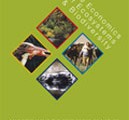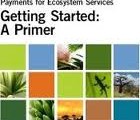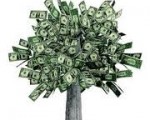Valuing nature
Do we need to put an economic value on nature to protect it?
We are at a critical moment. Plant and animal species are becoming extinct at an unprecedented rate meaning we are on the verge of a sixth mass extinction of species.
We are losing millions of hectares of forests a year and have already lost huge portions of the world’s coral reefs, mangroves and wetlands. What is the best way to protect the environment?
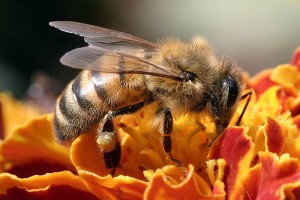 Some believe we have to start recognising the real value of services provided by ecosystems. The idea is to calculate the value (monetary and/or non-monetary) of ‘natural capital’ and ‘ecosystem services’ so that a government, company or individual will be able to factor the environment into economic decision-making (often based on a business case). The concept has gained increasing support over the last few years with the development of a Natural Capital Protocol and high-level conferences such as the World Forum on Natural Capital.
Some believe we have to start recognising the real value of services provided by ecosystems. The idea is to calculate the value (monetary and/or non-monetary) of ‘natural capital’ and ‘ecosystem services’ so that a government, company or individual will be able to factor the environment into economic decision-making (often based on a business case). The concept has gained increasing support over the last few years with the development of a Natural Capital Protocol and high-level conferences such as the World Forum on Natural Capital.
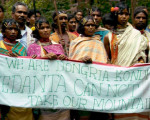
Read interviews with academics, consultants and indigenous leaders on who should value nature
But critics say nature’s intrinsic value is priceless and argue monetary valuation will leave environmental protection at the mercy of market forces as nature is traded and speculated on. They are extremely sceptical of the viability of a future trade in ecosystem services because they argue these markets are based on fudged units of measurement applied to something which is intangible, and therefore practically impossible to measure. Opponents also warn of the dangers of biodiversity offsets – compensating for nature destroyed in one place by creating or improving nature somewhere else – as it would create a ‘license to trash’ and allow ecosystems to continue to be destroyed.
There are still many unanswered questions. Research is taking place around the world to determine valuation methodologies and to try and understand future impacts – environmentally, economically and socially.
———————————————————————————————————————
What are ecosystem services? Some examples of services humans receive from nature include:
- Forests that provide timber and river basins that provide fish.
- Ecosystems in the Amazon rainforest that regulate rainfall and capture carbon dioxide.
- Ecosystems that support and maintain fertile soils for agriculture.
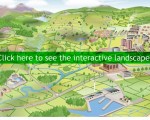 Natural capital and ecosystem services mapping tools
Natural capital and ecosystem services mapping tools
———————————————————————————————————————
Read Introduction to the green economy for a summary of green economy debates and how it could affect your work
Why Green Economy? blog
 Will the Natural Capital Protocol fundamentally change a companies business model?
Will the Natural Capital Protocol fundamentally change a companies business model?
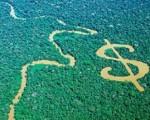 Who values nature: the power to create new biodiversity markets?
Who values nature: the power to create new biodiversity markets?
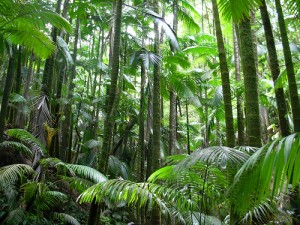 The social dimension of natural capital
The social dimension of natural capital
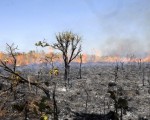 Will valuing natural capital protect the environment?
Will valuing natural capital protect the environment?
——————————————————————————
Key resources
The Economics of Ecosystems and Biodiversity (TEEB)
Payments for Ecosystem Services – Getting Started (Katoomba Group)
Nature for sale (Frei Betto)
Financialization of nature (Attac TV)
Search for content by keyword

